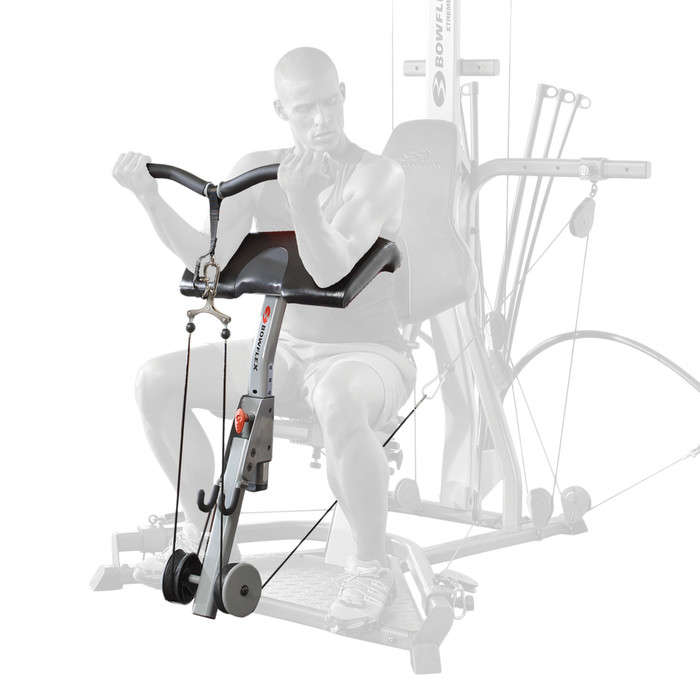Taking Care of Your Mental Health

While it’s well-known that prioritizing mental health is as important as prioritizing physical health, we struggle to follow-through from time to time. However, over the past year, mental health has taken center stage in self-care conversations, with experts encouraging people to seek additional support and understanding for their mental health.
We've pulled together a few impactful ways to help support your overall mental well-being — so that it’s not just a conversation had, but an action taken for your health.
Identify your Stressors
In a world where we’re constantly bombarded with inputs and opinions, everything feels like it causes stress. However, when we take the time to identify the root cause of why we feel stressed, it can help to prioritize the most important tasks in front of us and determine what truly can wait until tomorrow. By gaining this clarity, you can minimize the stressful impacts in your life and direct your focus and energy to what truly matters — an empowering type of ownership over your mental well-being.

Affirmations, Affirmations, Affirmations
A sticky note on your bathroom mirror can be a game-changer when a negative thought starts to make you spiral. As simple as it is, by writing down affirmations you help to remind yourself of the positive mental place you were in when you wrote it. Further, it helps build self-love and appreciation. These reminders help shift to a more positive mental awareness. So, go ahead and be your biggest cheerleader!
Cut Back on the Sugar & Caffeine
To help balance energy levels throughout the day, you need to keep your blood sugar levels stabilized. This can be done by reducing added sugars that can be found in pastries, candy and even cocktails. While many of us rely on a cup of coffee daily (or two, or three), too much caffeine can trigger jitteriness, anxiety and disrupt sleep cycles. Still need an afternoon energy fix though? Try opting for a drink with a little less caffeine such as chai, matcha or green tea.

Prioritize Exercise … Seriously
Despite what the latest pop-culture magazine has to say, working out is not all about losing weight or bulking up. Exercising for 15-30 minutes, three days a week is proven to help boost your mood and manage anxiety and stress. So, even on days when you feel less motivated, find a light activity to pursue even if you only have a few minutes.
Get Some Sleep
Often we make time for a lot of competing priorities in life, and in the process, sometimes our needs get left behind. Keeping our mental well-being in mind means making time for sleep. When there is a lack of sleep, it often causes a domino effect of issues in our life — ultimately impacting our mental health. Aim to get eight to nine hours of sleep a night to improve energy and your overall health.
Call in the Professionals
Finally, if you’ve been putting off setting up an appointment with a therapist, it may be worth it. Try setting up an introductory call to get a sense of the therapist’s style and personality. From there, you can determine if it’s the right fit for you. The right therapist can provide information and tools to help you prioritize your mental well-being or, at the very least, be a non-biased person to vent to.
You may also like
Workouts for Stress Relief





























